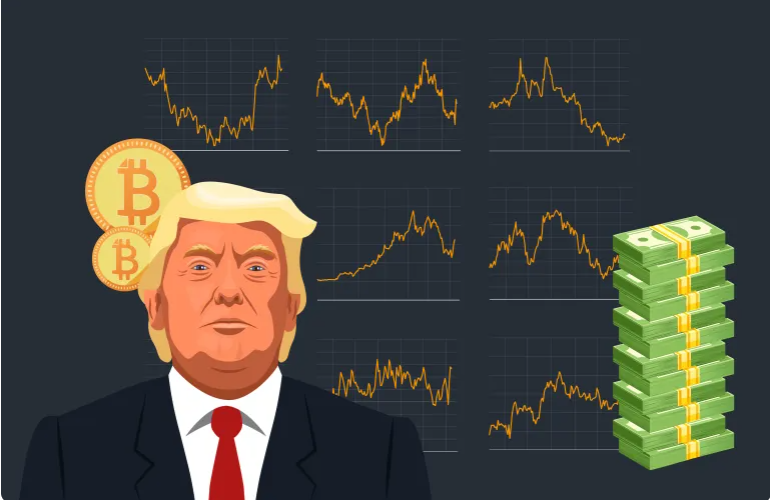NEWS & BLOG
Views: 0 Author: Site Editor Publish Time: 2025-10-30 Origin: Site
Trump Reaches Agreements on Southeast Asia Trade and Critical Minerals
On October 26, the United States signed a series of agreements on trade and critical minerals with four Southeast Asian countries.
Donald Trump signed reciprocal trade agreements with the leaders of Malaysia and Cambodia, and a framework trade agreement with Thailand—under which the two sides will work to address tariff and non-tariff barriers.
A joint statement released by the White House stated that, pursuant to these agreements, the US will maintain a 19% tariff rate on exports from the above three countries and gradually reduce tariffs on some goods to zero. Washington also announced a similar framework agreement with Vietnam; Vietnam’s exports to the US currently face a 20% tariff rate.

Vietnam recorded a trade surplus of $123 billion with the US last year and has committed to significantly increasing purchases of US products to narrow the bilateral trade gap.
On Sunday, Trump also signed two separate US agreements with Thailand and Malaysia, seeking cooperation in diversifying critical mineral supply chains.
Prior to the signing of these agreements, Trump witnessed Thailand and Cambodia sign an enhanced ceasefire agreement. The two countries had a deadly border conflict earlier this year.
Under these agreements, the four Southeast Asian countries have committed to eliminating trade barriers and providing preferential market access for a range of US products. The agreements also include commitments in digital trade, services, and investment, as well as assurances from Southeast Asian countries to protect labor rights and strengthen environmental protection.
The statement noted that Thailand, Malaysia, and Vietnam have also agreed to allow vehicles meeting US motor vehicle safety and emission standards to enter their markets.
In addition, Malaysia agreed to streamline requirements for US products such as cosmetics and pharmaceuticals. Malaysia’s Minister of International Trade and Industry, Tengku Zafrul, stated that Malaysia also secured tariff exemptions for aerospace equipment, medical products, and commodities including palm oil, cocoa, and rubber.
Thailand stated that it will eliminate tariff barriers on approximately 99% of goods and relax foreign ownership restrictions for US entities in its telecommunications sector. The two sides also noted that several Thai-US business deals are imminent, including the annual purchase of approximately $2.6 billion worth of feed corn and soybean meal.